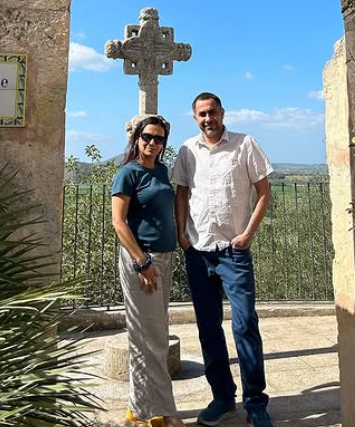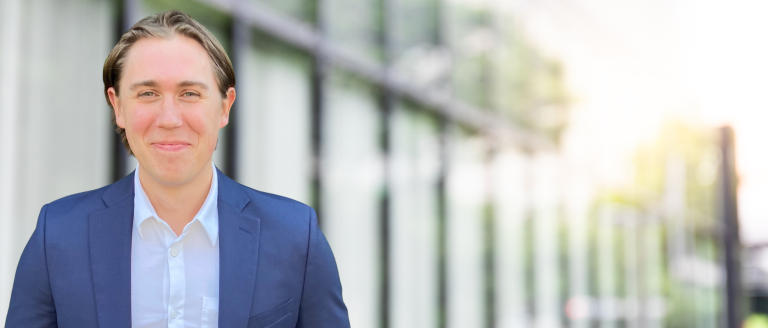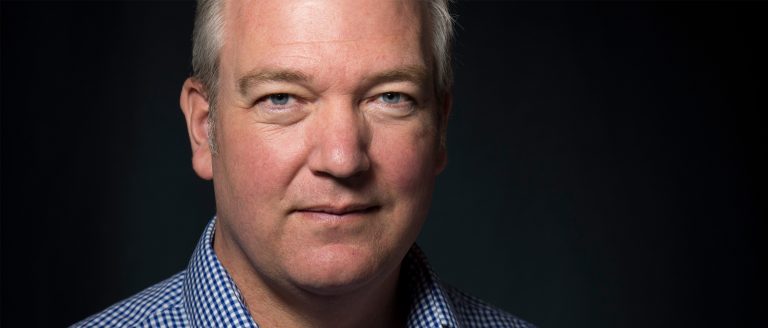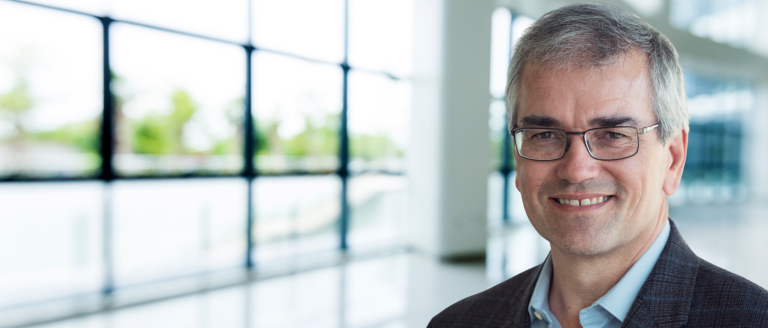
HARPREET CHHINA
Research Associate
Division:
Pediatric Orthopaedics
Site:
Vancouver – BC Children’s Hospital
Dr. Harpreet Kaur Chhina is a Research Associate in the UBC Department of Orthopaedics and co-leads the Walk Tall Research Program along with Dr. Anthony Cooper at BC Children’s Hospital. Dr. Chhina’s research interests focus around pediatric limb differences, health-related quality of life, patient-reported outcomes, and international orthopaedic registries.
Dr. Chhina led the development of LIMB-Q Kids, a validated patient-reported outcome measure (PROM) for children with lower limb differences. She has developed a PROM implementation program in the limb reconstruction clinic at BC Children’s Hospital, integrating PROMs into clinical care. She is the Scientific Lead for the International Limb Differences Registry. Dr. Chhina has expertise in leading multinational and multidisciplinary teams, managing strategic research initiatives, building collaborative relationships, qualitative and mixed methods research, patient engagement and knowledge Translation.
Could you share your educational background and journey, and how these experiences shaped your current role?
My academic journey reflects the richness of global education, shaped by diverse cultural and scientific landscapes that have deepened both my perspective and expertise. Beginning with a Master’s in Human Anatomy in India, I developed a strong foundation in biomedical sciences, enriched by the region’s deep-rooted medical traditions and academic rigour. I then expanded my expertise by pursuing an MSc and PhD in Experimental Medicine at the University of British Columbia, immersing myself in research methodologies and interdisciplinary collaboration. My cross-continental training has provided me with a robust scientific and methodological foundation in clinical research.
Over the past 19 years, I have dedicated my career to advancing pediatric and adolescent musculoskeletal health, with a particular focus on patient-reported outcomes and quality of life. My cross-cultural and interdisciplinary training continues to fuel my passion for meaningful, patient-centered research, specifically focusing on developing and integrating patient-reported outcome measures that directly inform and improve orthopaedic care.
What sparked your passion for orthopaedics, particularly in orthopaedic research?
My passion for orthopaedic research was ignited during my clinical research experience at BC Children’s Hospital, specifically within the Clubfoot and Hereditary Multiple Exostoses Clinics. Witnessing firsthand the profound impact of musculoskeletal conditions and their treatments on children’s quality of life highlighted the need to capture outcomes that go beyond physical function. This experience guided my commitment to patient-centered orthopaedic research that elevates the patient’s voice, promotes evidence-based, and redefines treatment success through the lens of lived experiences of how children feel, function, and engage in daily life.
What meaningful impact do you hope your work will have on patients, communities, and society as a whole?
I aspire to help shape a more holistic and inclusive healthcare system—one where the voices of children and families are central to clinical decision-making and outcome evaluation. By developing and integrating patient-reported outcome measures that authentically reflect the patients’ lived experiences, my aim is to elevate the quality, relevance, and equity of orthopaedic care. Ultimately, I hope to contribute to a fundamental cultural transformation in healthcare, where research is not only a tool for advancing clinical knowledge but a catalyst for patient empowerment, policy change, and lasting, equitable improvements in health outcomes for diverse populations.
What aspects of your work excite you the most?
What excites me most is the ability to transform a simple idea or conversation into a research initiative that can directly influence meaningful change in clinical care. The process of identifying a real-world need, shaping it into a compelling research question, and ultimately translating those findings into practice is deeply rewarding. Knowing that my work has the potential to directly improve patient experiences and influence healthcare decisions makes every step of the journey both purposeful and fulfilling.
What achievements are you most proud of?
One of my most meaningful achievements is leading the development of LIMB-Q Kids, a new validated and internationally applicable Patient-Reported Outcome Measure (PROM) that directly addresses a critical gap in how we assess and improve the health and quality of life of children with lower limb conditions.
Healthcare’s primary mission is to improve lives, yet traditional outcome measures often focus only on survival rates or surgical success, overlooking the lived experiences of patients. Recognizing the need for a robust PROM for children with lower limb differences (LLDs), I spearheaded the development of LIMB-Q Kids, an internationally applicable, rigorously developed tool designed to capture the perspectives of children with lower limb differences.
This multi-year, multi-country initiative involved research across 16 hospitals in 7 countries, including collaborations in low- and middle-income regions. Beyond its scientific foundation, the project required extensive coordination, managing ethics approvals, data-sharing agreements, and translation and cultural adaptations for diverse cultural contexts (Brazil, Denmark, Finland, Germany, India, Israel, Netherlands, Saudi Arabia and Turkey). Its development was made possible through funding by national and international organizations, including grants from the Department of Orthopaedics, the Canadian Orthopaedic Foundation, and the Canadian Institutes of Health Research.
Unlike many traditional clinical measures that focus solely on physical or surgical outcomes, LIMB-Q Kids provides a more holistic assessment capturing outcomes that truly matter to patients including appearance, distress, social engagement, and psychological well-being. As an internationally validated tool, LIMB-Q Kids has the potential to transform treatment planning, enhance shared decision-making, and ultimately lead to better physical and psychosocial outcomes for children. Moreover, its use in research will help generate high-quality data to drive innovations in care, ensuring children receive treatments that not only fix bones but also support their overall well-being and development.
What advice would you offer to current trainees embarking on their careers?
Stay curious, be bold in taking intellectual risks, and explore research avenues beyond your immediate focus. Build strong collaborations and seek mentorship, as science thrives on teamwork and diverse perspectives. Don’t be afraid to ask questions, challenge assumptions, embrace failure as part of discovery, and remain open to new ideas. Most importantly, prioritize your well-being. A balanced and resilient researcher is best equipped to drive the most meaningful innovation and achieve lasting impact.
What do you enjoy doing when you’re not working?
When I am not working, I prioritize staying active with Orangetheory workouts and running, which help me recharge both physically and mentally. To unwind, I love immersing myself in the soulful sounds of Indian Sufi music or relaxing with a good Netflix series. Travelling with my family is another passion—it’s a wonderful way to explore new places, embrace new cultures, and create lasting memories together.





Share this story:
Latest News
- Dr. Jackson Robinson leads review comparing weight-bearing monitoring devices in lower extremity fractures
- Dr. David Wilson Awarded NSERC Discovery Grant for Advancing Hip Mechanics Research
- Dr. Thomas Oxland presents the prestigious Macnab Lecture at the 2025 Canadian Orthopaedic Association’s Annual Meeting


